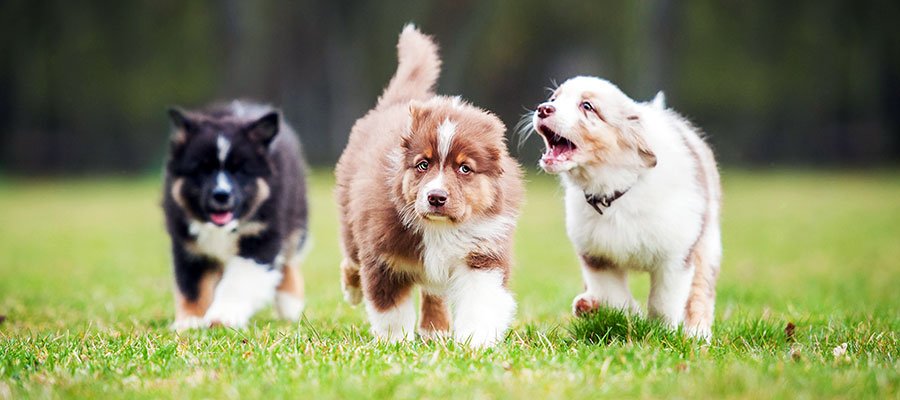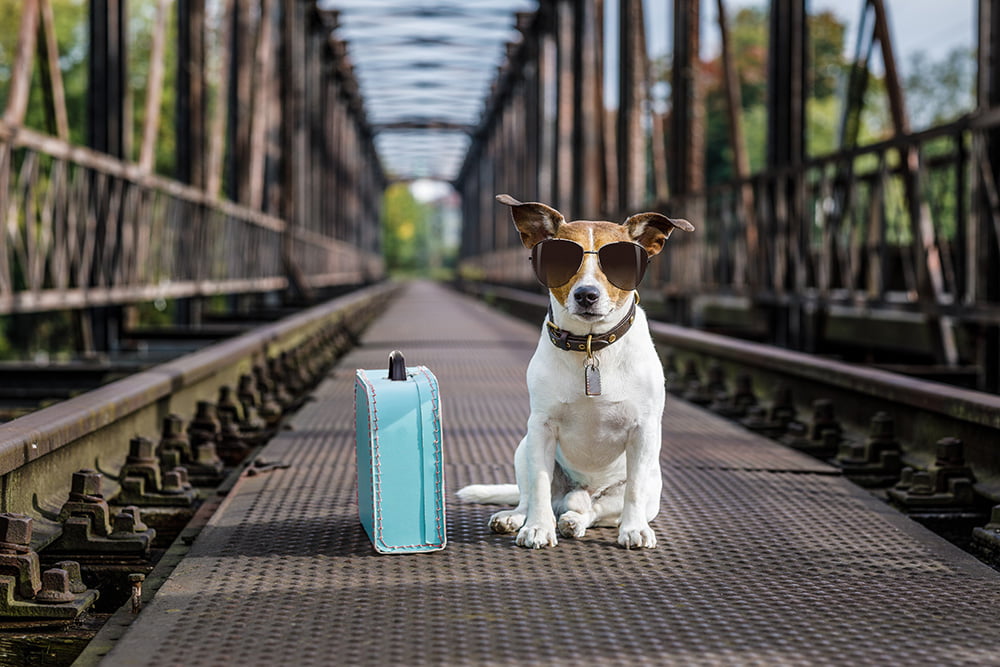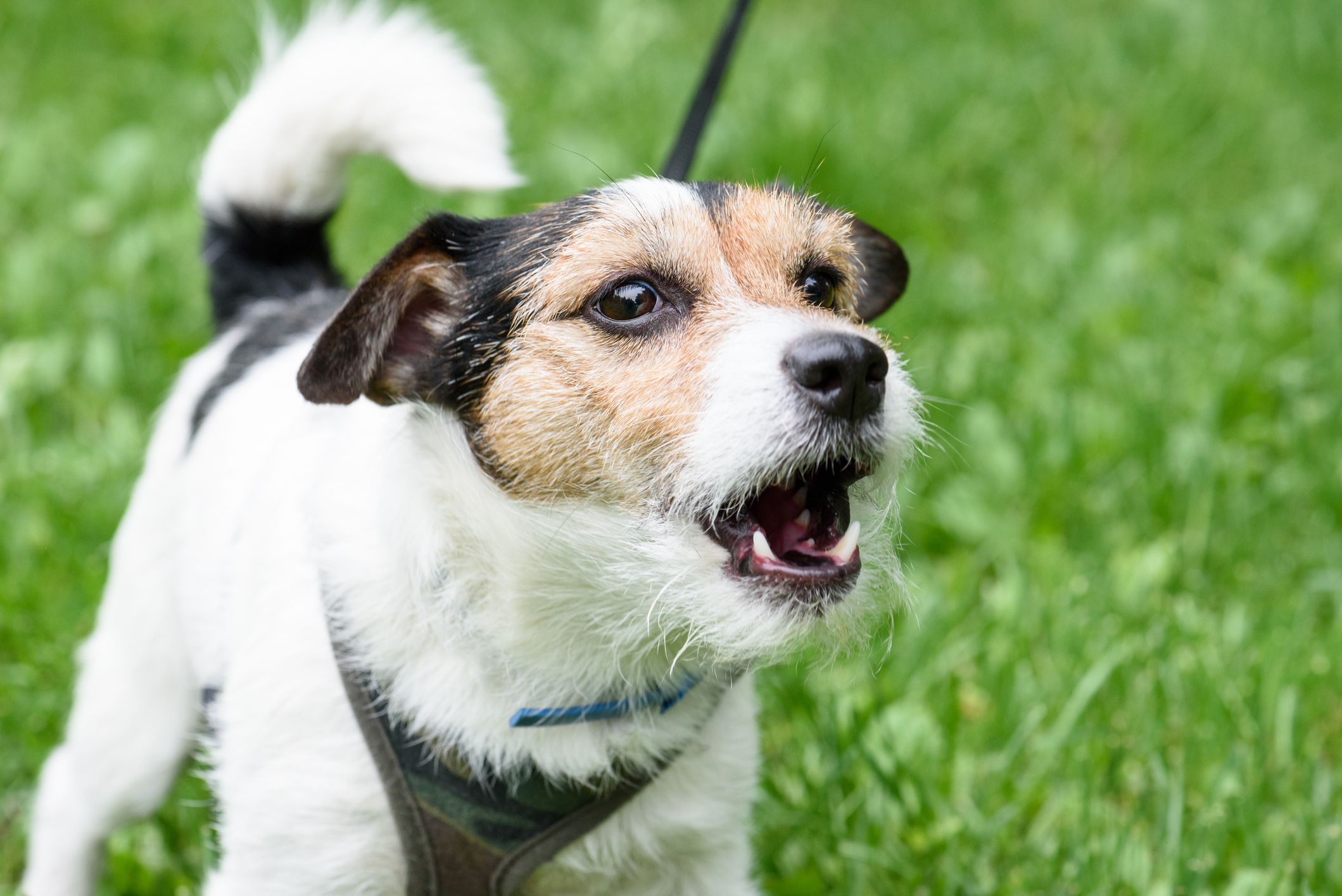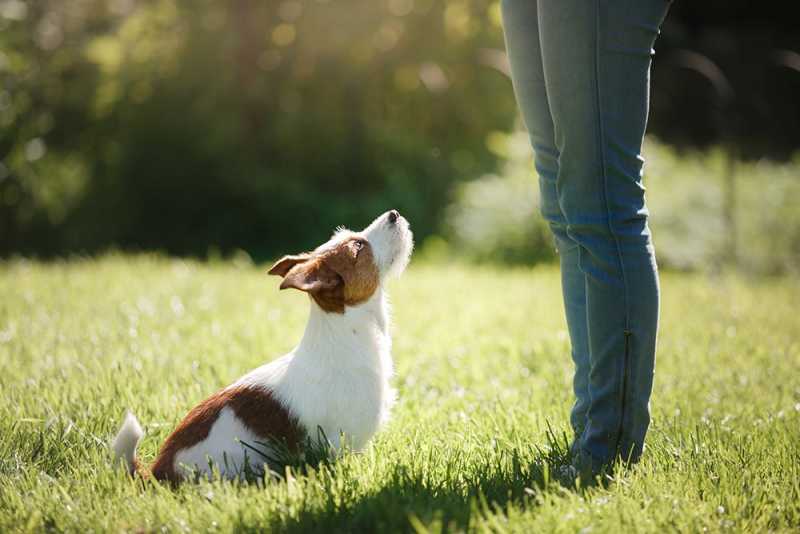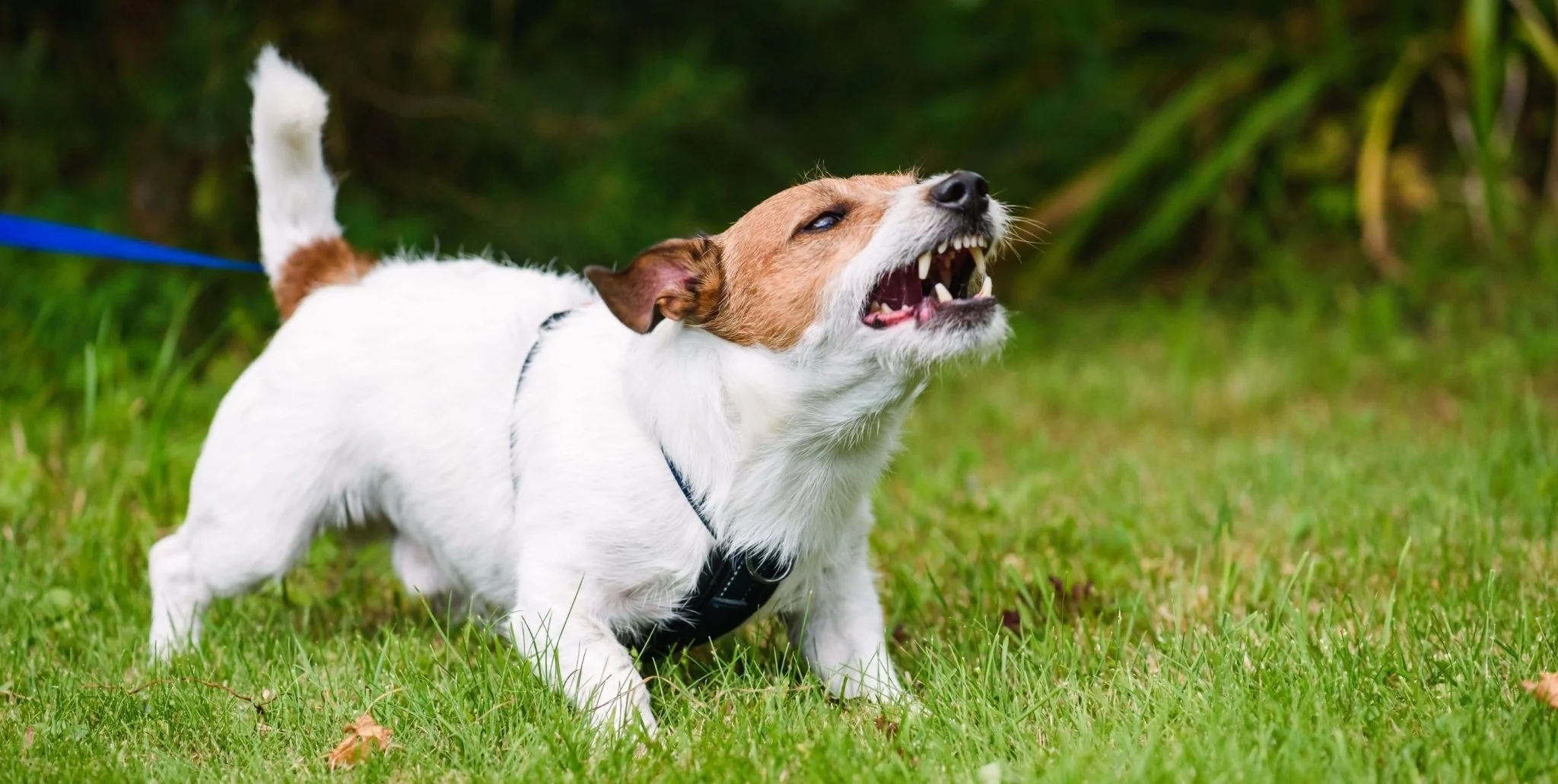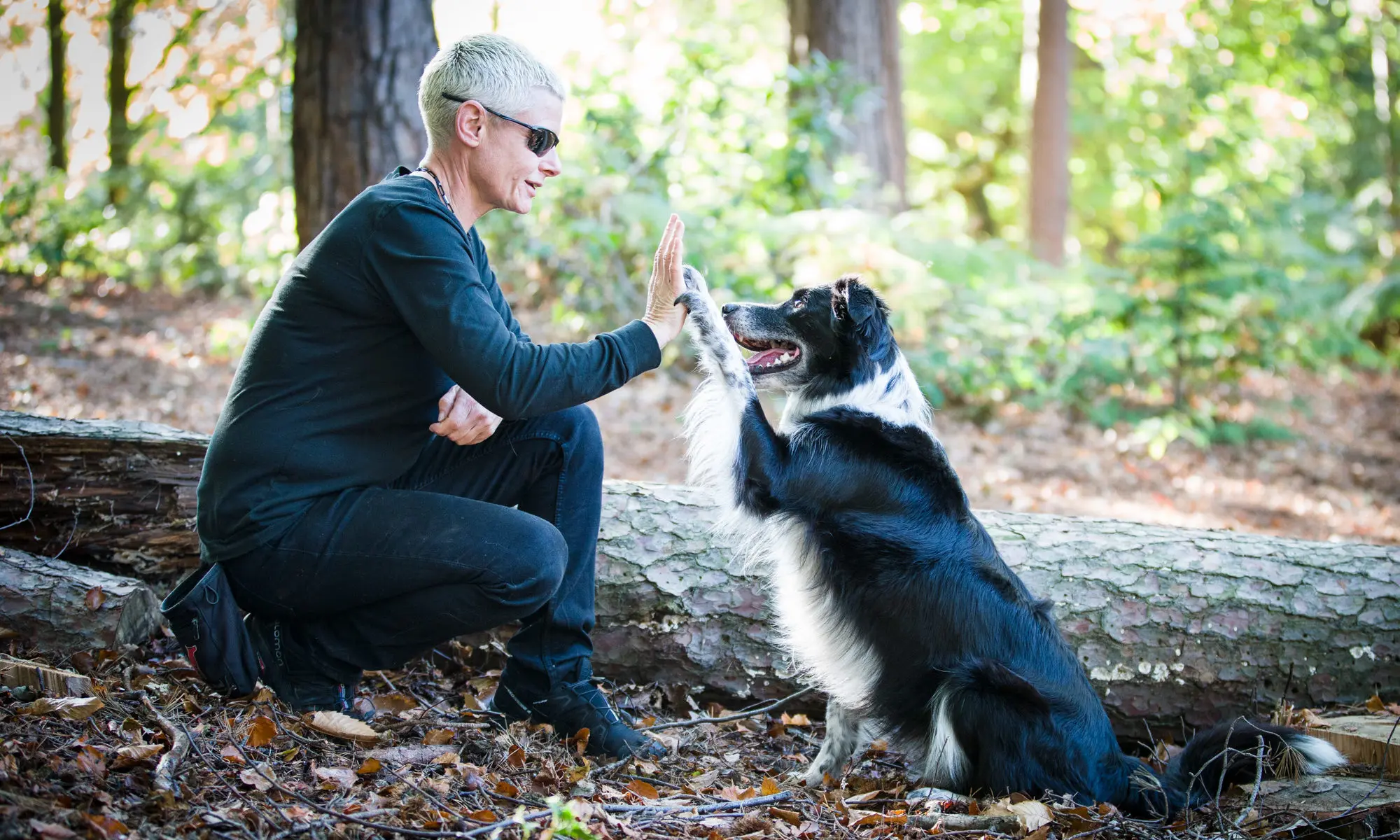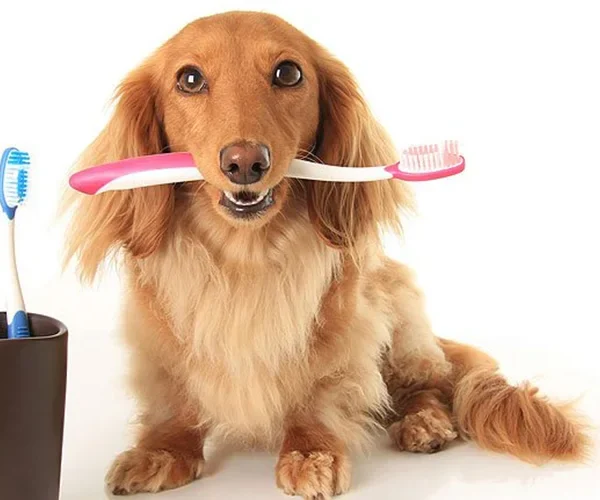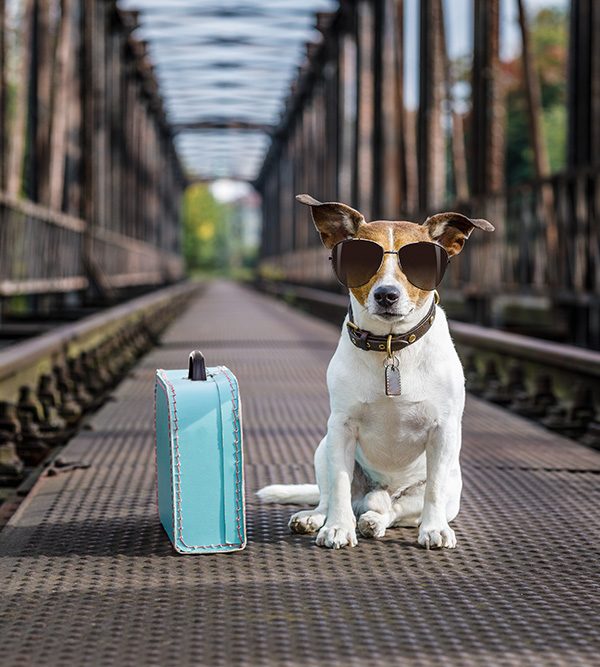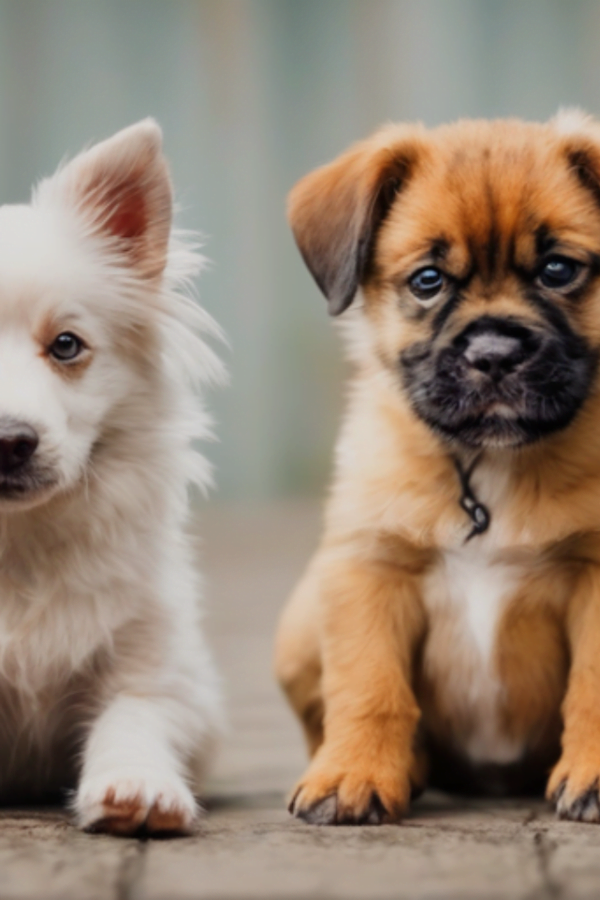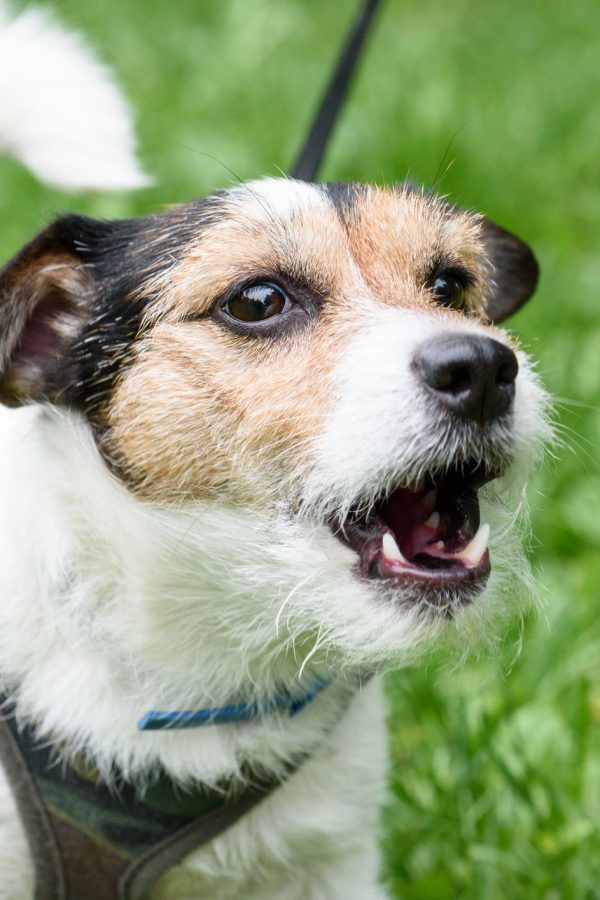Discover the significance of socializing your puppy and gain valuable tips to ensure your furry friend grows into a confident and well-behaved dog.
The Importance of Socializing Your Puppy
Socialization is one of the most important things you can do for your puppy. It helps them learn to be comfortable around new people, animals, and situations. This will make them a well-adjusted dog who is less likely to be fearful or aggressive.
The best time to socialize your puppy is during the “critical socialization period,” which is from 3 weeks to 16 weeks of age. During this time, their brains are developing rapidly and they are more open to new experiences.
Why is Socialization Important?
1. Builds Confidence: Early socialization helps puppies develop confidence and resilience. By exposing them to different situations, you can help them overcome fears and build a positive association with new experiences.
2. Prevents Behavioral Issues: Proper socialization reduces the risk of developing behavioral problems such as aggression, fearfulness, and separation anxiety. Well-socialized dogs are more likely to be calm, friendly, and adaptable in various situations.
3. Enhances Training: Socialized puppies are more receptive to training. They have learned to navigate different environments and interact appropriately with people and other animals, making obedience training easier and more effective.
4. Promotes Safety: A well-socialized dog is less likely to exhibit fear-based aggression or react negatively when encountering unfamiliar people or animals. This reduces the risk of bites or confrontations, ensuring the safety of both your dog and others.
Tips for Socializing Your Puppy
Here are some tips for socializing your puppy:
- Start Early. The critical socialization period for puppies is between 3 and 14 weeks of age. During this time, they are most receptive to new experiences and less likely to develop fear or anxiety. Begin socializing your puppy as soon as you bring them home.
- Gradual Exposure. Introduce your puppy to new experiences gradually and in a controlled manner. Start with familiar people and animals in a calm environment before gradually exposing them to new environments, sounds, and stimuli.
- Positive Reinforcement. Use treats, praise, and rewards to create positive associations with new experiences. Reward your puppy for calm behavior, friendly interactions, and confident responses to new situations.
- Controlled Interactions. When introducing your puppy to unfamiliar dogs or animals, ensure that the encounters are supervised and controlled. Choose well-socialized and vaccinated dogs for initial interactions and gradually increase the complexity of the encounters.
- Expose to Various Environments. Take your puppy to different places such as parks, pet-friendly stores, and busy streets. Expose them to various surfaces, noises, and people of different ages, genders, and appearances. This will help them become comfortable in different environments.
- Enroll in Puppy Classes. Puppy classes provide a structured environment for socialization and training. They allow puppies to interact with other dogs while learning basic obedience commands and manners. Look for classes that use positive reinforcement techniques.
- Be Patient and Consistent. Socialization is an ongoing process that requires time and consistency. Be patient with your puppy and continue to expose them to new experiences throughout their life. Reinforce positive behaviors and address any fears or anxieties promptly.
- Expose them to a variety of people. Take your puppy to the park, the store, or even just to your neighbor’s house. Let them meet people of all ages, sizes, and races.
- Introduce them to other animals. If you have other pets, introduce them to your puppy slowly and carefully. If you don’t have other pets, take your puppy to the dog park or to meet other dogs on walks.
- Expose them to different sounds and smells. Take your puppy on walks in different neighborhoods and let them hear different noises. Let them sniff different objects and surfaces.
- Take them on new adventures. Go on car rides, visit new places, and try new things. The more experiences your puppy has, the more well-adjusted they will be.
It’s important to make all of these experiences positive for your puppy. If they have a bad experience, it could make them fearful of new things in the future. So, be patient and gentle, and always praise your puppy for being brave.
Socialization takes time and effort, but it’s worth it in the long run. A well-socialized dog will be a joy to have around and will be much less likely to have behavioral problems.
A well-socialized puppy also needs nutrition to live Healthier & happier life, here is a complete guide: Understanding Your Dog’s Nutritional Needs: A Guide to Choosing the Right Food
Additional tips
Here are some additional tips for socializing your puppy:
- Start slowly and gradually. Don’t overwhelm your puppy with too much newness at once.
- Be patient and consistent. It takes time for puppies to learn to trust new things.
- Make sure all experiences are positive. If your puppy has a bad experience, it could make them fearful of new things in the future.
- Have fun! Socialization should be a positive experience for both you and your puppy.
By following these tips, you can help your puppy become a well-adjusted dog who is comfortable in a variety of situations. This will make them a joy to have around and will reduce the risk of behavioral problems in the future.

